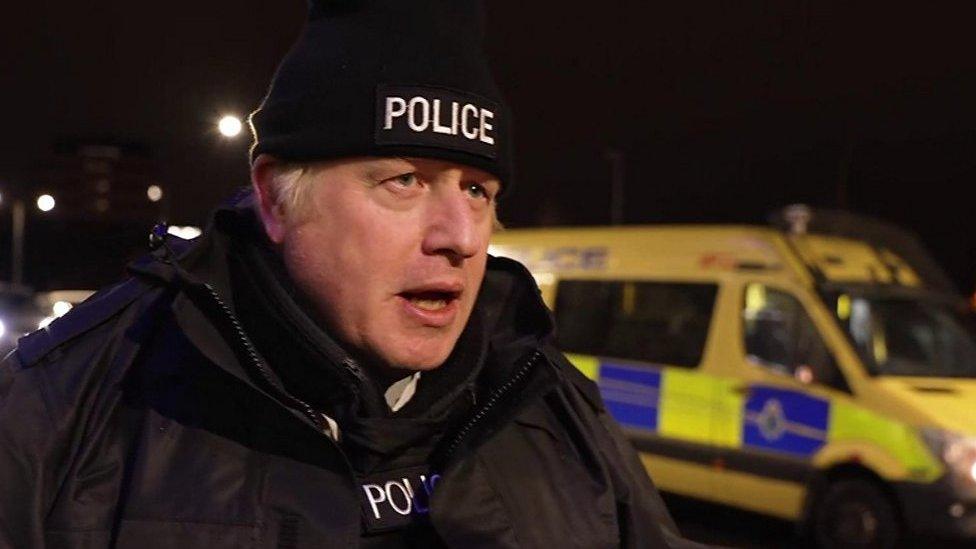MDMA: Brexit and Covid reduce festival drug purity
- Published
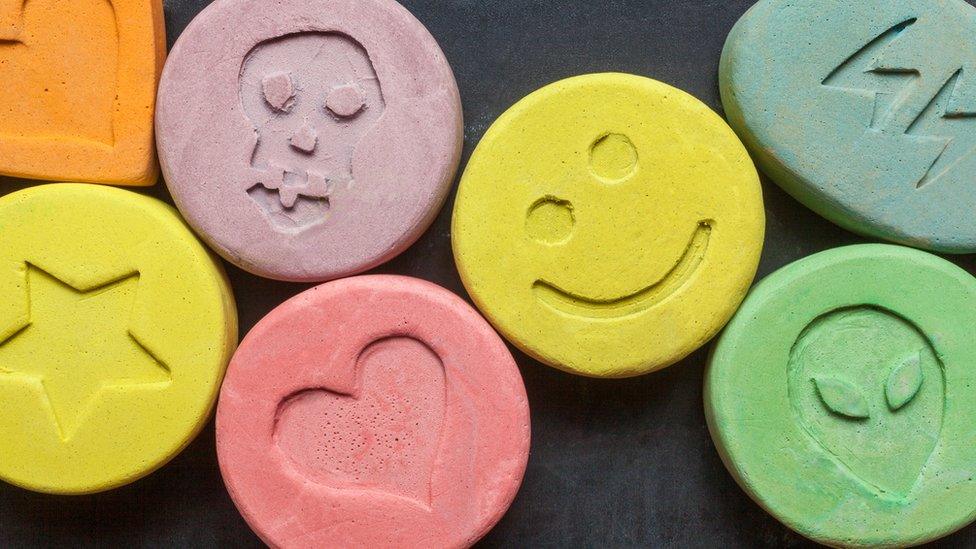
MDMA is a class A drug, and possession can lead to prosecution and up to seven years in prison
MDMA found at music festivals is more contaminated following Brexit and Covid lockdowns, according to new research.
Researchers at Cardiff University analysed hundreds of samples of the illegal drug, also called ecstasy, at three UK festivals in 2019 and 2021.
About half of the samples (45%) tested in 2021 contained no MDMA, compared to 7% in 2019.
Dr Michael Pascoe of Cardiff University said the UK's drugs market was seeing "unprecedented turbulence".
The report suggested Brexit-related disruption to supply chains, in addition to Covid lockdowns decreasing demand, had caused a shortage of MDMA.
"Without laboratory tests, it's impossible to tell what's really in the drugs people purchase - and the pandemic and Brexit appears to have exacerbated this issue," said Dr Pascoe, co-lead author of the study.
The study, led by drug checking charity The Loop, found that in many cases MDMA was substituted for other substances such as caffeine or alternative synthetic psychoactive drugs, external.
Researchers from Cardiff University and the University of Liverpool found the presence of MDMA in samples sold as ecstasy fell from 93% in 2019 to 55% in 2021.
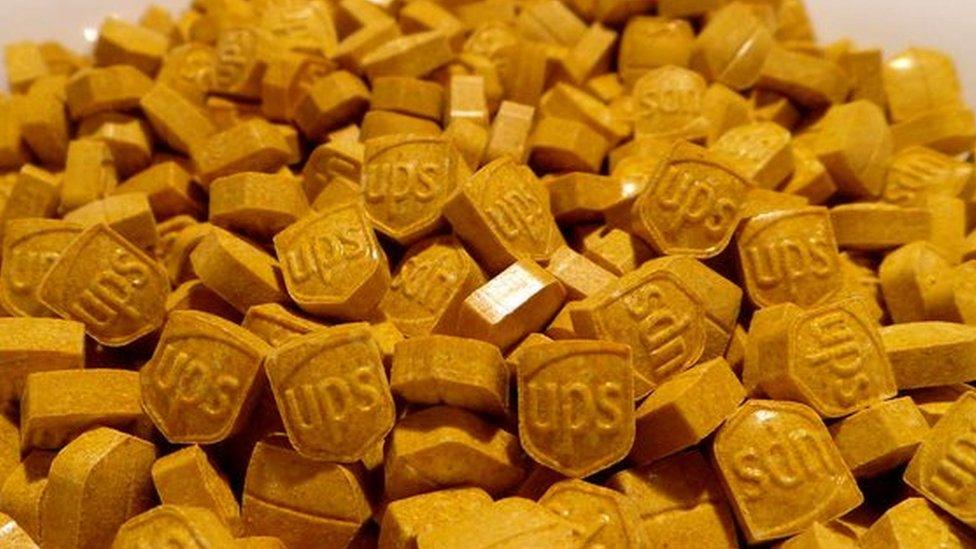
Report co-author Professor Measham said no test can tell whether a substance is "safe" to take
Prof Fiona Measham, co-author of the study and director of The Loop, said testing facilities were made available to help people make informed decisions.
"We do not encourage or assist drug use and always highlight that no test can tell whether a substance is 'safe' to take," she added.
One 24-year-old woman from Cardiff, who did not want to be named, said the statistics were "terrifying".
"Of course there are risks that come with taking any drugs, but it's something that happens so often, especially at festivals, and it can't just be ignored.
"Labelling it illegal and ignoring the problem will just lead to kids dying, and preventing that with actual advice and testing is a much better way of actually trying to sort out the problem.
"I will definitely be testing any drugs I buy in the future. I think the normalisation of drug testing at festivals is really important, especially now."
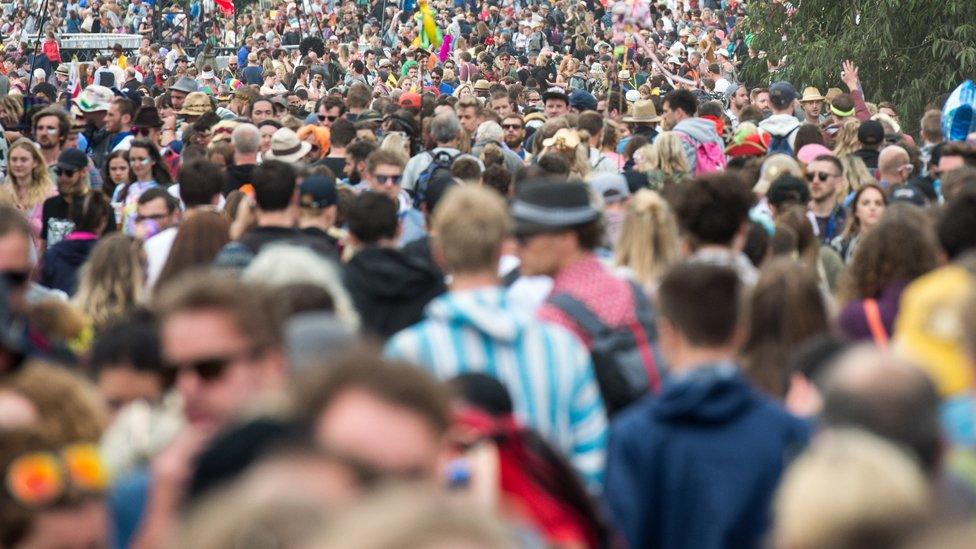
The Loop has offered on site drug testing at a number of UK festivals
In the supposed MDMA samples analysed from 2021, one in five included caffeine, and another fifth included synthetic cathinones. Both substances were almost completely absent from the 2019 samples.
Synthetic cathonines, also known as "bath salts", are part of a group of drugs that concern public health officials called new psychoactive substances (NPS).
These are drugs which are "unregulated psychoactive mind-altering substances", according to the National Institute on Drug Abuse.
"This study illustrates how cathinones are mis-sold as MDMA during periods of scarcity in the MDMA market," added Dr Pascoe.
"Rapid onsite testing, dissemination of alerts, harm reduction information and associated risk communications through media and social media channels provide vital ways to inform drug-users, practitioners and policy makers to help reduce drug-related harms at festivals and beyond."

CELEBRATE WELSH DRAMA: Concealed secrets, imperfect families and fun in the Valleys
LIFE IS SWEET: Picture perfect cakes and the people who make them

Related topics
- Published3 August 2021
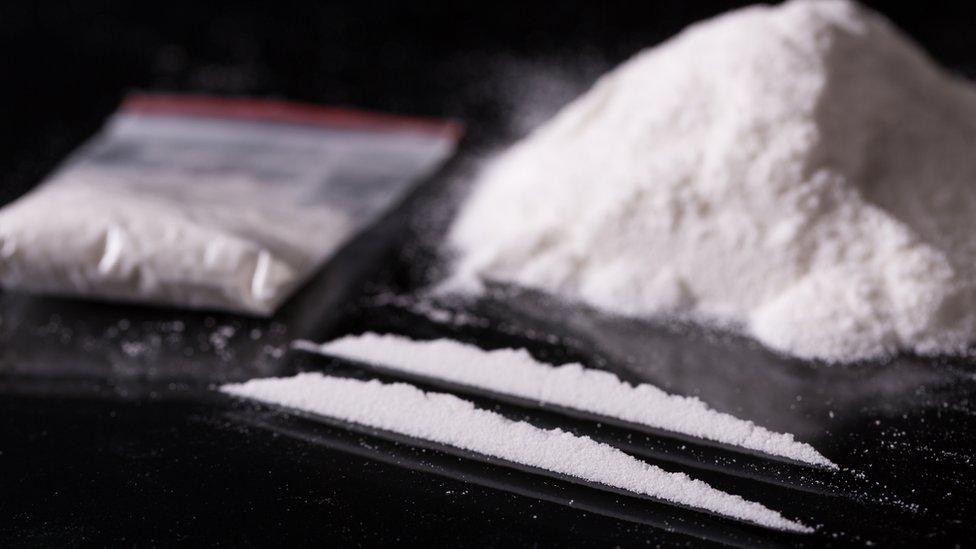
- Published15 August 2019
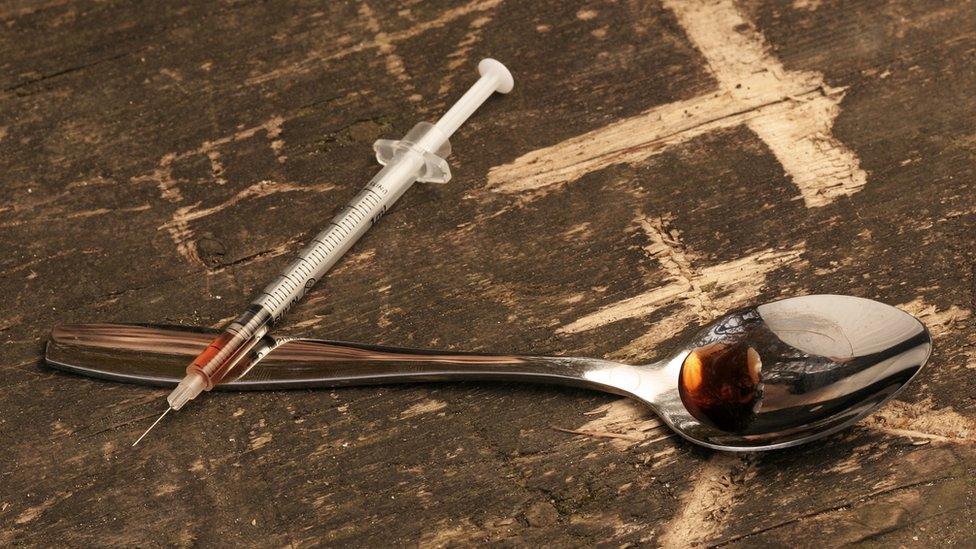
- Published6 December 2021
